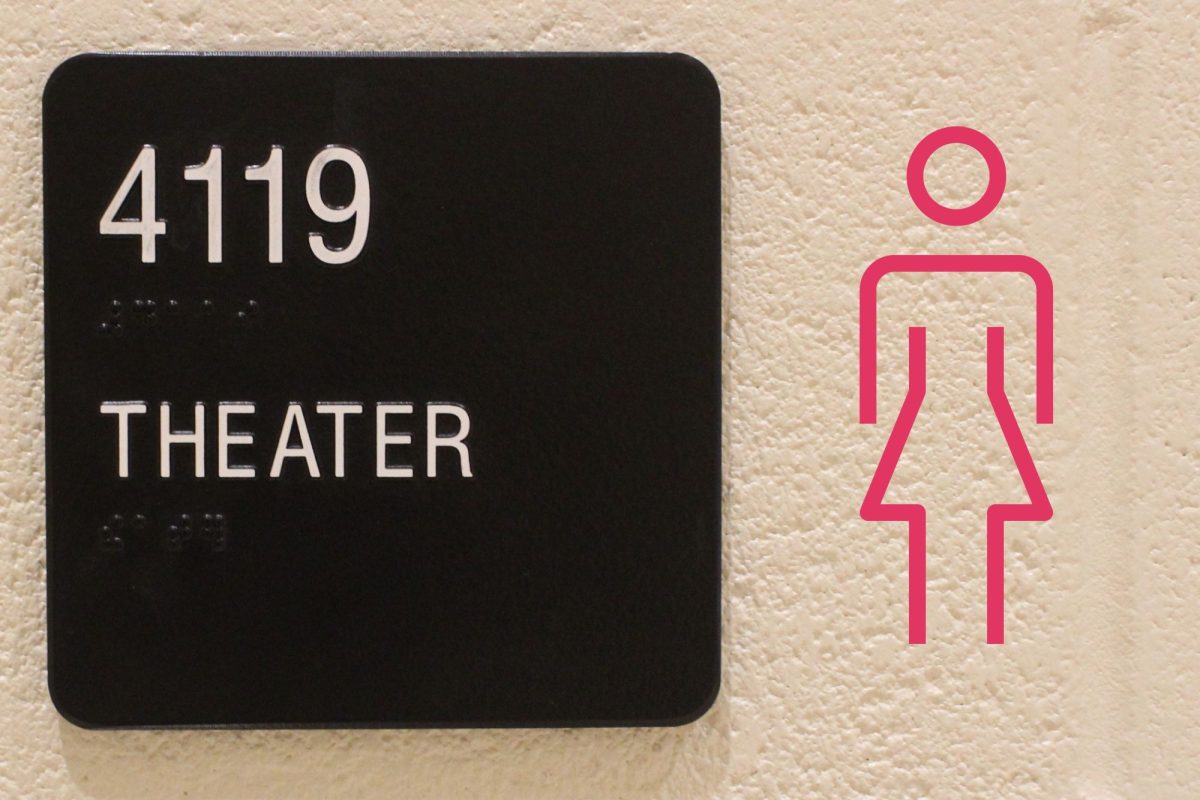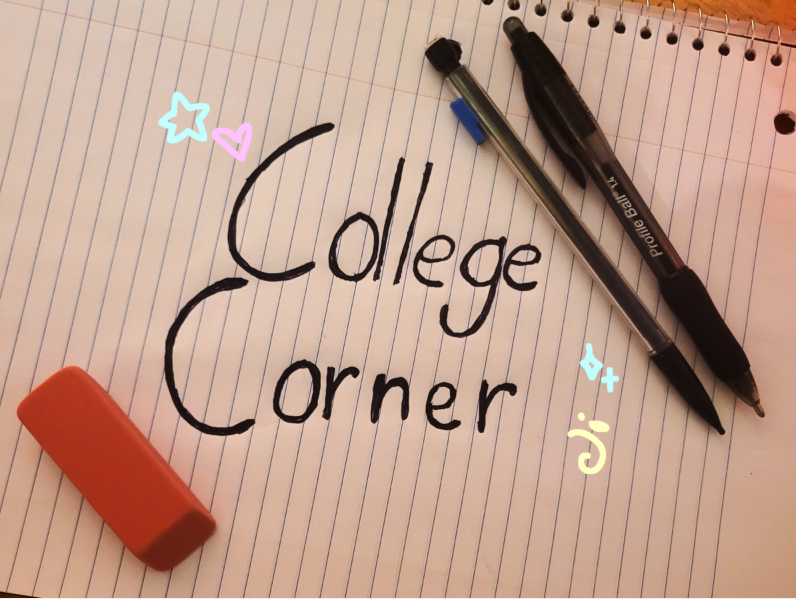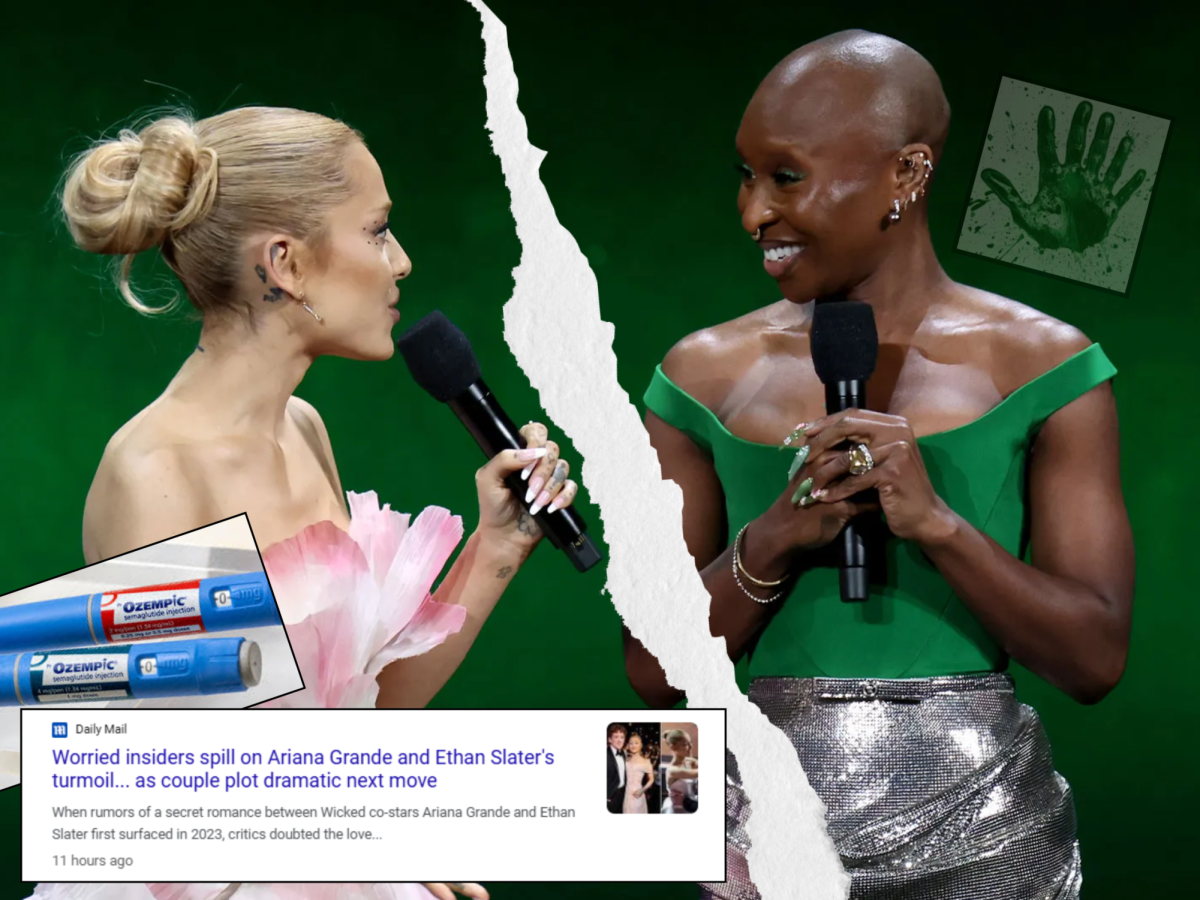Noteworthy film studios such as Dreamworks Animation, Warner Bros Pictures and Marvel Studios consist of a plethora of women embracing their talents through beloved movies and television shows. In 2023, a record-high number of females helped produce, direct and edit movies. Additionally, females comprised 45% of speaking characters on original streaming programs and 44% on broadcast networks. These percentages display a rise in female participation in film studios compared to 2022. Females continue to impact the film industry through persistent actions to invest in the future of women aspiring to work in the industry. The Chant has highlighted four of the countless women who shape and strengthen the entertainment industry every day.
Margot Robbie, Ruth Handler, Greta Girwig and “Barbie”
The film industry acknowledges numerous female-led movies, including the newly-released “Barbie” movie. The main character, Barbie—portrayed by Margot Robbie—replicated the original Barbie doll dating back to 1959 to capture the true meaning behind Ruth Handler’s idea of the doll. Handler, the founder of the Barbie doll, believed that womanhood embodies a superpower. The notorious character changed how society now talks and thinks about females, as well as female representation on and off screen. Captivatingly, the “Barbie” movie—written and directed by American actress, writer and director Greta Gerwig—retold the world of Barbie and navigated through themes of feminism. Since 2008, Gerwig has directed a total of four films, three of which she produced to empower women. These films include “Lady Bird,” “Little Women” and the “Barbie” movie.
“There are some other movies Margo Robbie has done, and she is a versatile actress, meaning if she can play a drama, she can play a comedy. You can believe that she is the character [she is portraying] every time because she is that character. She played Harley Quinn too and I mean she’s just doing a great job,” theater teacher Candice Corcoran said.
Reese Witherspoon
Countless women today desire to impact their communities because of the unrealistic ideas Hollywood projects onto household screens. Reese Witherspoon—an American producer and actress—founded the company Type A Films in 2000, which brought rise to her career as a producer. Witherspoon portrayed romantic yet determined characters while also launching her two newer media companies, “Hello Sunshine” and “Pacific Standard.” She designed her media companies to create additional roles for women who eagerly desire to work on screen as well as behind the scenes. Witherspoon eventually starred as the A-list character in the 2001 hit movie “Legally Blonde” and its sequel “Legally Blonde 2: Red, White & Blonde” in 2003. The nostalgic series stars the main character, Elle Woods, and her dog sidekick, Bruiser Woods, who took on the world of Harvard Law School. The movies empower women to stay true to themselves and always pursue one’s dreams while encouraging one another.
“The film industry, specifically right now, has had a big boom in female actresses. I’m sure the [Screen Actors Guild – American Federation of Television and Radio Artists
(SAG-AFTRA)] strike has come up behind it. There has always been this sort of pace scale where female actresses have sometimes made less than male actors, and I think that whole push with the strike has also brought other things to light,” Corcoran said.
Throughout the rise of feminism in the 21st century, platforms such as Women In Film (WIF) grew to pursue gender equity in the filmmaking scene. WIF developed programs such as a reframe program, production program and a mentoring program to make headway toward gender representation in the industry. Through these programs, women can continue pursuing their dreams in the film industry and implement change for younger generations to come.
“I think female actresses are doing a lot better now, I mean, look at Margot Robbie; she just did Barbie. Margot has been in a ton of films lately so it’s really bringing to light situations they haven’t looked at in depth. Now, female directors and actresses are getting a lot more spotlight so hopefully that’s helping them get more jobs,” Corcoran said.










